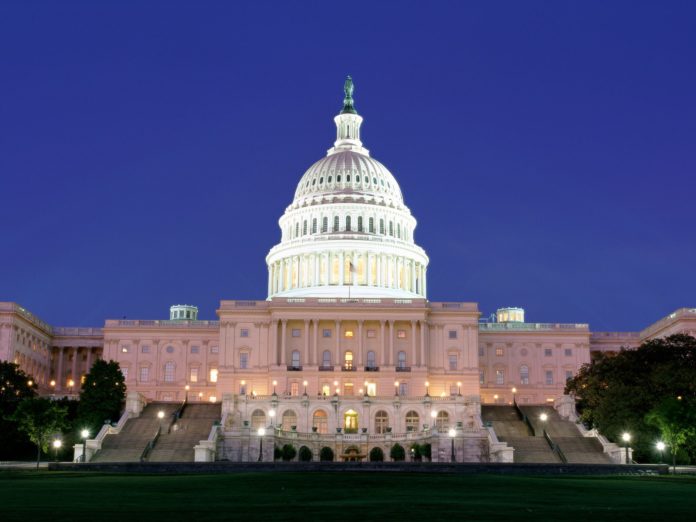House lawmakers have taken a step toward extending crucial — but expiring — financial protections to seniors receiving long-term care in home or community settings. They did so with backing from more than a dozen health care and provider organizations.
In general, to financially qualify for Medicaid long-term services and supports (LTSS), an individual has to meet certain low-income and asset requirements. Marriage often complicates those eligibility requirements, however, potentially putting husbands or wives in the position to “spend down” or bankrupt themselves to secure care support for their partner.
Medicaid is currently the primary payer for long-term care services and supports in the U.S. health care system.
As of August 2018, more than 73 million individuals combined were enrolled in Medicaid and the Children’s Health Insurance Program (CHIP), according to federal Medicaid data. More than 66 million individuals were enrolled in Medicaid, while about 6.5 million were enrolled in CHIP.
To prevent self-induced bankruptcy for the purpose of continuing a spouse’s Medicaid eligibility, Congress created spousal impoverishment rules in the late 1980s.
Originally, the rules required states to protect a portion of a married couple’s income and assets to provide for the “community spouse’s” living expenses when determining nursing home financial eligibility, according to the Kaiser Family Foundation. States, though, were also given the option to apply the rules to home and community-based services (HCBS) waivers.
Section 2404 of the Affordable Care Act (ACA) changed that stipulation, mandating that the spousal impoverishment rules treat Medicaid HCBS and institutional care equally. That provision is set to expire at the end of December, meaning individual states would once again become the decision-makers when it comes to spousal impoverishment in home care.
In 2018, all 50 states were applying the spousal impoverishment rules to HCBS waivers, according to Kaiser Family Foundation. Five states — Arkansas, Illinois, Maine, Minnesota and New Hampshire — plan to stop applying the spousal impoverishment rules to some or all of their HCBS waivers if Section 2404 expires at the end of 2018.
With support from LeadingAge, the National PACE Association, the National Council on Aging and several other groups, U.S. Reps. Debbie Dingell (D-Mich.) and Fred Upton (R-Mich.) on Friday introduced the Protecting Married Seniors from Impoverishment Act.
If passed, the bipartisan piece of legislation would permanently extend spousal impoverishment protections for Medicaid beneficiaries receiving long-term care in a home or community care setting.
“Our long-term care system is broken,” Rep. Dingell said in a statement. “Seniors and their families already face too many challenges when navigating long-term care, and they should not have to get divorced or go broke just to be eligible for the care they need.”
While it is unclear how much Congressional support the Protecting Married Senior from Impoverishment Act will ultimately draw, the fact that most states plan to continue protections on an optional basis is encouraging, LeadingAge President and CEO Katie Smith Sloan said in a statement provided to Home Health Care News.
“As a national organization, LeadingAge has consistently supported federal law establishing protections against spousal impoverishment,” Sloan said. “We support the legislation to extend the current protection.”
Washington, D.C.-based LeadingAge is an industry association that represents more than 6,000 not-for-profit senior care providers. If the Dingell-Upton bill fails, LeadingAge members in states that do not plan to continue impoverishment protections will likely be impacted negatively, Sloan said.
The National Academy of Elder Law Attorneys, Inc., the National Association for Home Care & Hospice and AARP are among the groups that have lobbied on issues including “spousal impoverishment” in the past two years, an HHCN review of lobbying records found.
A bill previously introduced in the House in 2017 — H.R. 181 — also sought to change Medicaid eligibility requirements pertaining to spousal relationships.
Specifically, the bill sought to amend Medicaid to count as available income, for purposes of determining the Medicaid eligibility of an institutionalized individual, portions of certain annuity income made in the name of the individual’s spouse.
The bill was last forwarded from the House Energy and Commerce Subcommittee on Health to the full committee by a 19-13 vote.
Written by Robert Holly




